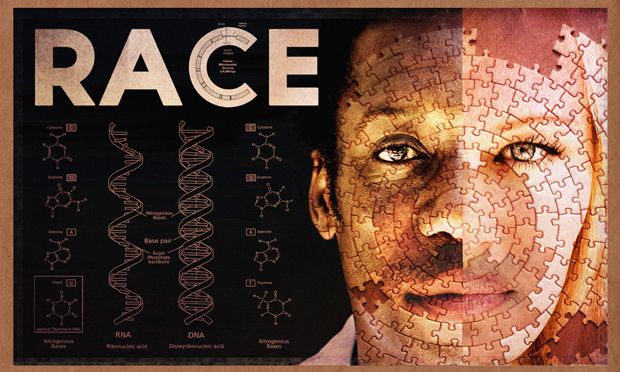Since the first slaves were brought to America in 1619, black men and women were denied even basic education. Due to widespread fear of slave insurrection, many states even passed laws prohibiting teaching African Americans to write and read. Slave owners believed that by denying slaves access to potentially radical ideas of freedom, reflection, community building and communication, they were protecting themselves. However, through a determination to preserver and prosper, African Americans began sharing through voice. Thus, the tradition of oral story telling has arisen as one of the primary means of preserving African American history and values.
In our “Read All About It 2015” program, we will be honoring and celebrating story telling with “The Oral Tradition in African American Culture.” The February 22nd program will feature writer and historian, Dr. Michelle Johnson, who will discuss the work of Zora Neale Hurston. Johnson is the Co-Founder and Executive Director Associate of Fire Historical and Cultural Arts Collaborative. As a public scholar, she has done extensive research on the Underground Railroad, creating curriculum and programs for 3rd, 4th and 8th grades as well as compiling a curriculum series on the Underground Railroad and resistance to slavery for the First Congregational Church of Detroit. Johnson has led a community project in Loughman, Florida, researching, interpreting and producing the work of Zora Neale Hurston.
The program will also feature husband and wife duo, Von and Fran Washington, who will perform an Underground Railroad presentation based on a story from the Hackley family, early African American settlers in southwest Michigan. The Washingtons, who have distinguished themselves as writers, educators, directors and producers, operate Washington Productions Incorporated, an organization that exists to “provide an accurate, in-depth view of the African American experience through the performing arts.” Von and Fran have been story-telling together for over 18 years and have performed their stories—most of which present some piece of black history—to over 150,000 children and adults. You can visit their site and learn more about booking them by clicking here.
Mark your calendars for the annual “Read All About It” program scheduled for this Sunday, February 22, 2015 at the Portage District Library, 2:00 p.m. It is free, open to the public and we are so excited to see you!
In our “Read All About It 2015” program, we will be honoring and celebrating story telling with “The Oral Tradition in African American Culture.” The February 22nd program will feature writer and historian, Dr. Michelle Johnson, who will discuss the work of Zora Neale Hurston. Johnson is the Co-Founder and Executive Director Associate of Fire Historical and Cultural Arts Collaborative. As a public scholar, she has done extensive research on the Underground Railroad, creating curriculum and programs for 3rd, 4th and 8th grades as well as compiling a curriculum series on the Underground Railroad and resistance to slavery for the First Congregational Church of Detroit. Johnson has led a community project in Loughman, Florida, researching, interpreting and producing the work of Zora Neale Hurston.
The program will also feature husband and wife duo, Von and Fran Washington, who will perform an Underground Railroad presentation based on a story from the Hackley family, early African American settlers in southwest Michigan. The Washingtons, who have distinguished themselves as writers, educators, directors and producers, operate Washington Productions Incorporated, an organization that exists to “provide an accurate, in-depth view of the African American experience through the performing arts.” Von and Fran have been story-telling together for over 18 years and have performed their stories—most of which present some piece of black history—to over 150,000 children and adults. You can visit their site and learn more about booking them by clicking here.
Mark your calendars for the annual “Read All About It” program scheduled for this Sunday, February 22, 2015 at the Portage District Library, 2:00 p.m. It is free, open to the public and we are so excited to see you!



